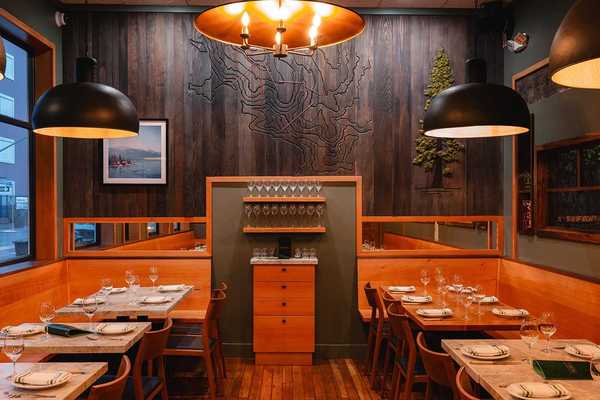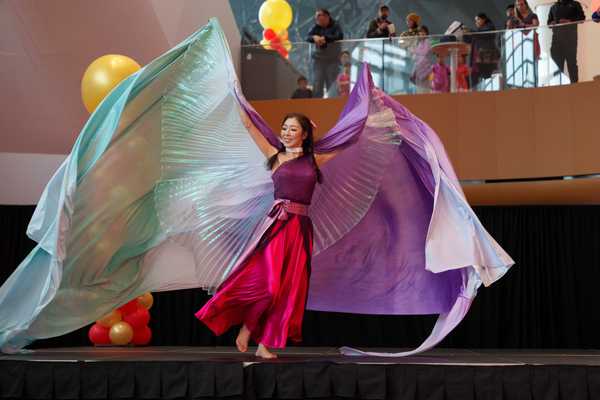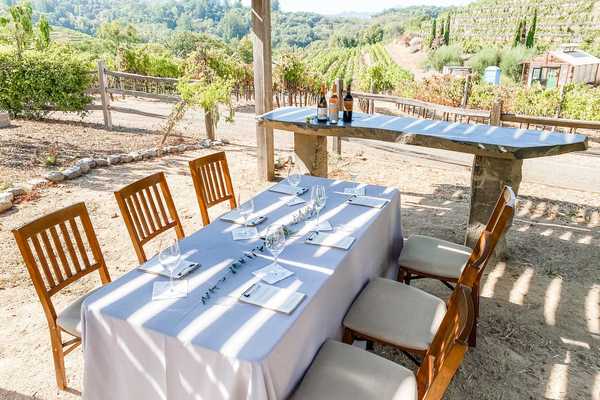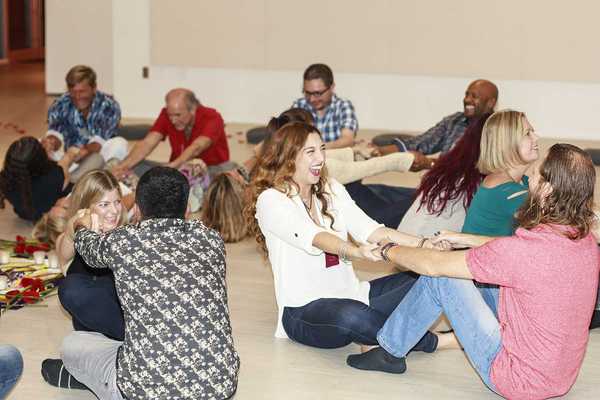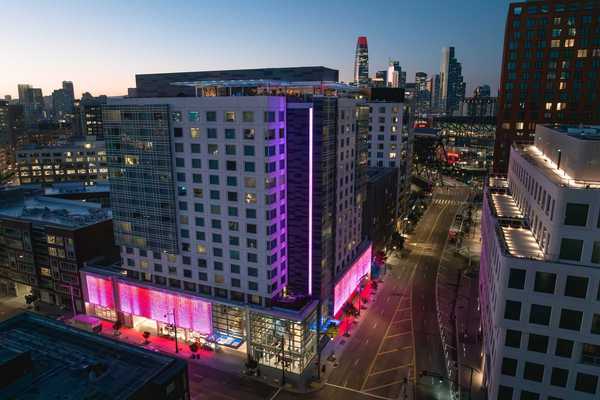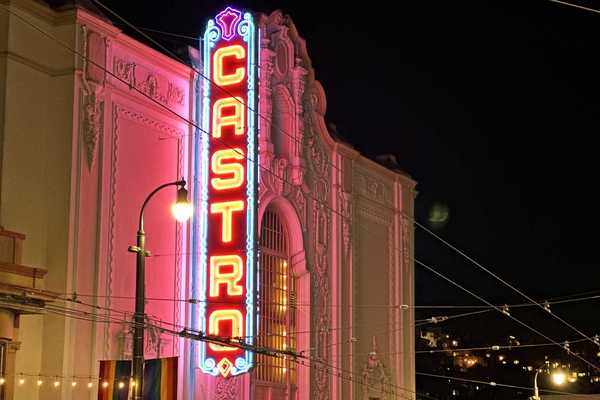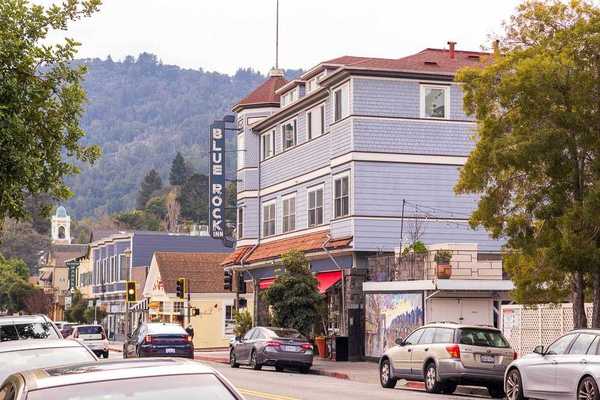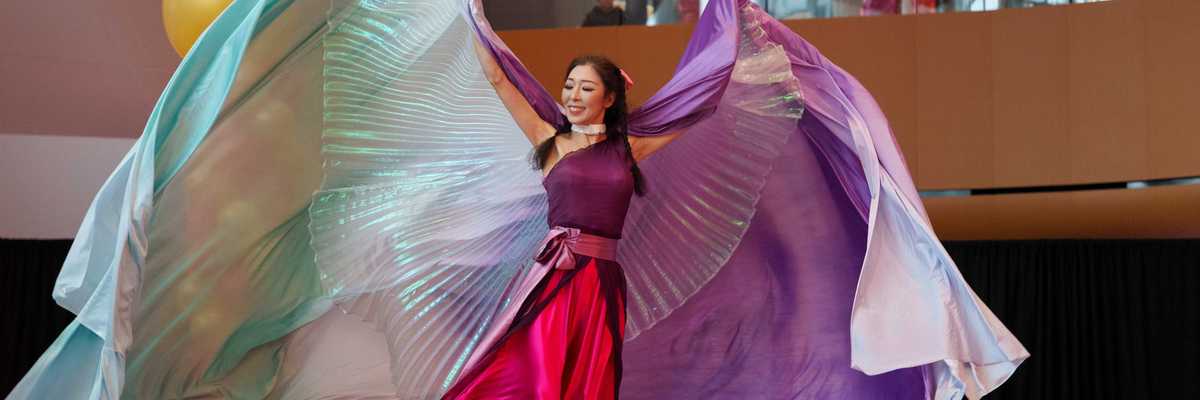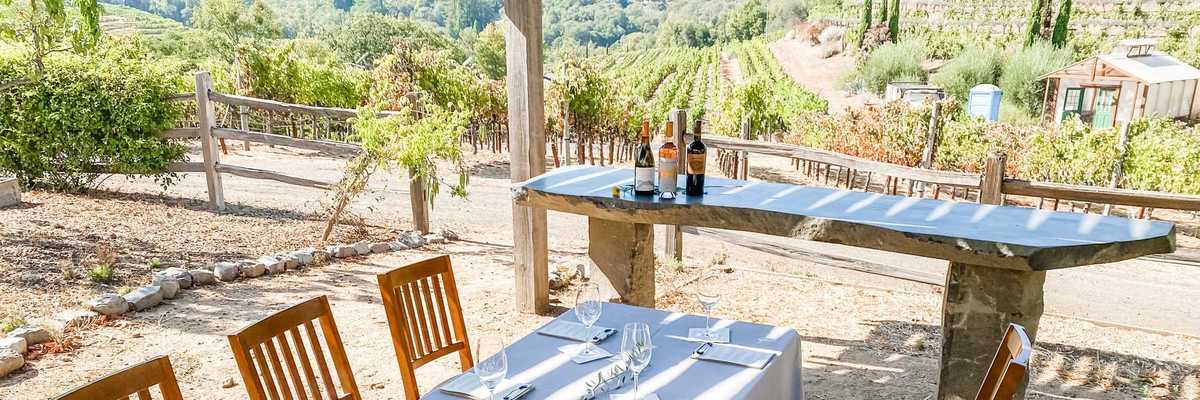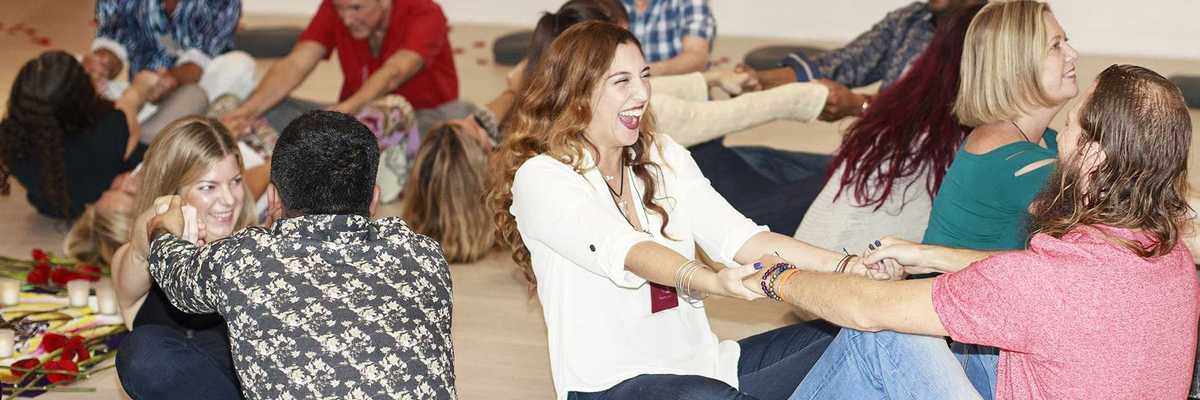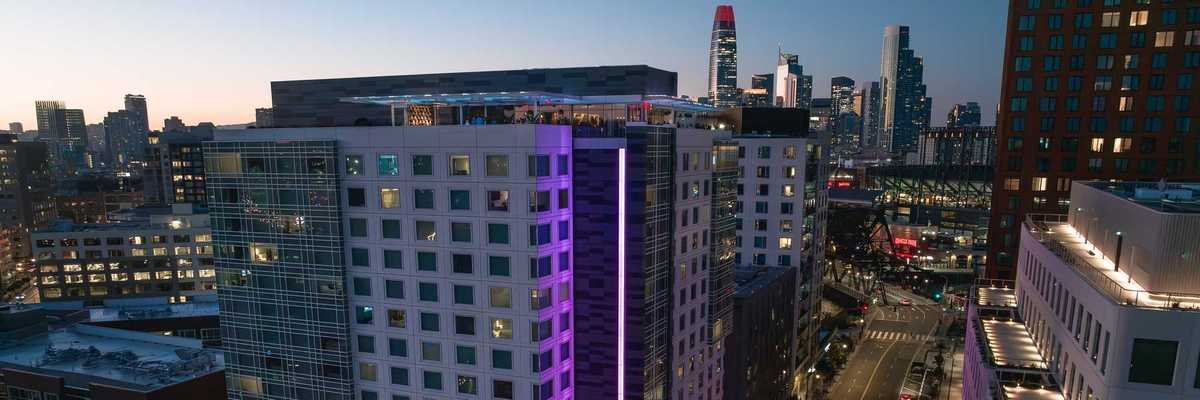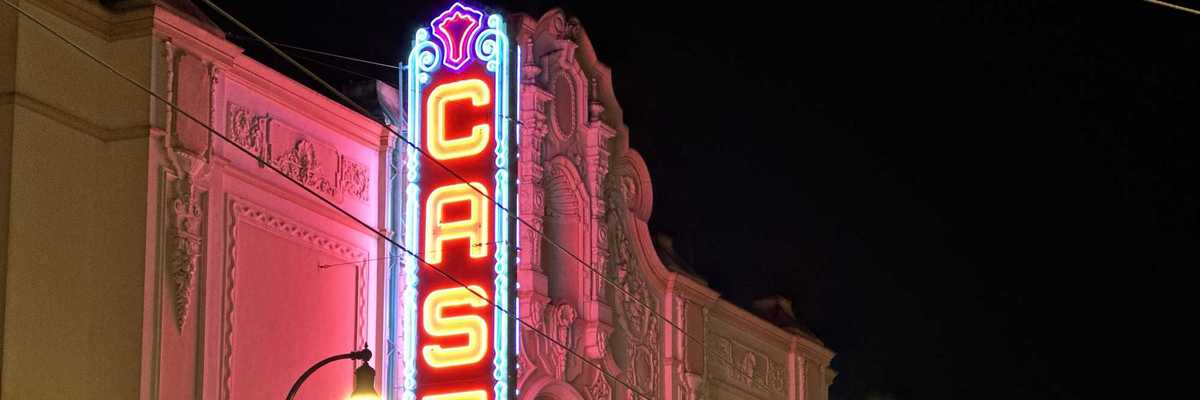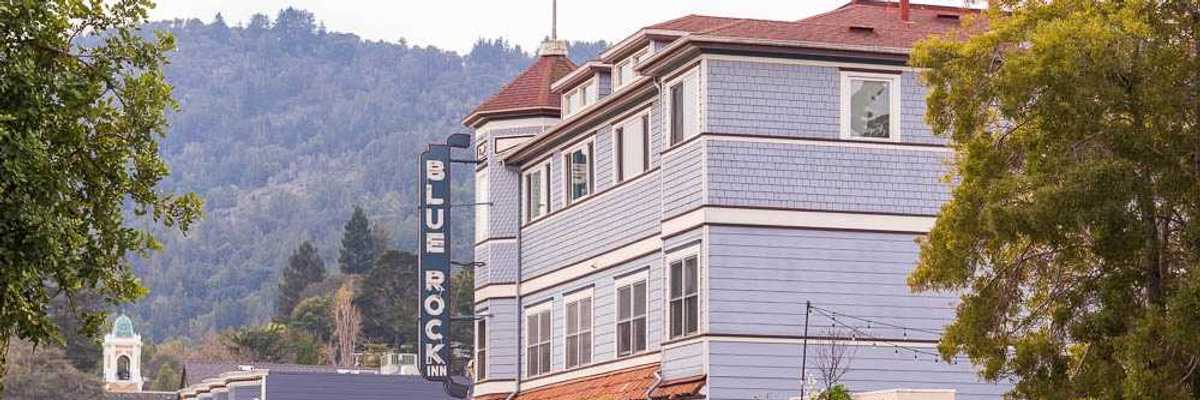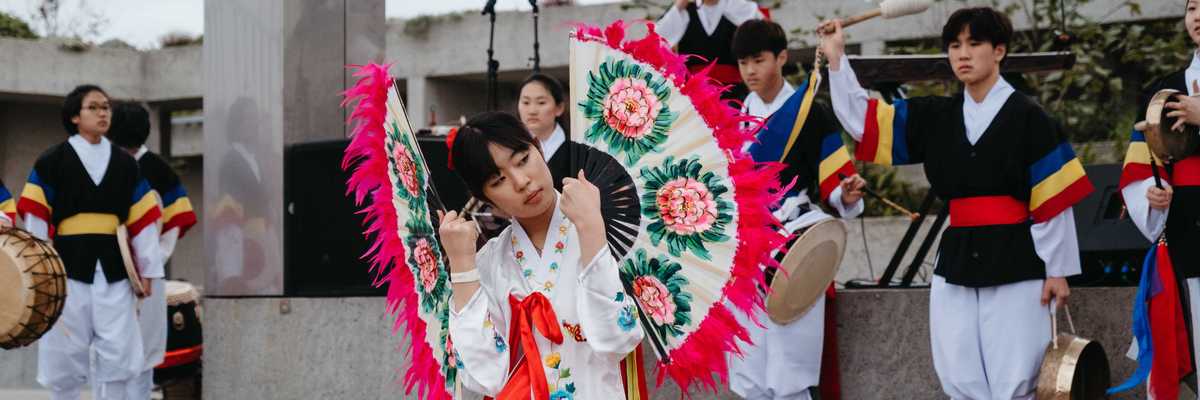Quick. Of the thousands of web-based content companies headquartered in San Francisco, which one has the highest traffic?
The numbers for this website are mind-boggling:
- 414 million unique visitors monthly
- 12 billion page views monthly
Here's a few more hints: This site contains roughly 18 million original articles, which is five million more than the entire 160-year archive of The New York Times. Plus all of those articles have been created in only the past ten years.
Every day, more than of 7,500 new articles are added, and roughly 49,000 updates or edits -- some large, most small -- are registered in one of the site's 270 language editions around the world.
The answer to this mystery hunt, of course, is Wikipedia, the largest free encyclopedia the world has ever seen, as described in the new annual report issued by the non-profit Wikimedia Foundation from its offices on New Montgomery Street in downtown San Francisco.
(Disclosure: I worked on the annual report as a consultant to the Wikimedia Foundation.)
In the process of hanging out at Wikimedia's offices the past few months, I gradually became aware of the true magnitude of Wikipedia, the largest and best-known of the foundation's 11 "free knowledge projects."
I also discovered that this collaboratively edited resource created by a global community of 100,000 volunteers, serves as an excellent breaking news site when a crisis such as the tragic earthquake/tsunami/nuclear disaster currently unfolding in Japan.
Most of us probably try to keep up with the coverage via CNN or Fox, NPR, the Times, BBC or another trusted media brand.
But Wikipedia's coverage at the page titled 2011 Tōhoku earthquake and tsunami is comparable in many respects. (Tōhoku means Northeast in Japanese, referring to the most affected region.)
By mid-day today, that page had been updated at least nine times. For this, or any Wikipedia entry, you can see how it evolves by clicking on the "Discussion" tab at the top left of each page. (There also is a "History" tab that documents the specific changes made.)
The rules for engagement in this community are quite different from those in conventional media:
- Be polite
- Assume good faith
- Avoid personal attacks
- Be welcoming
The volunteer editors also strive to achieve a neutral point of view, and the verifiability of all entries. What fascinates me about this aspect of Wikipedia's self-governing community is its stark contrast with the utter lack of civility in our national public debates, and on cable television "news" venues that emit a lot of noise for very little useful signal.
It's not that those editing Wikipedia do not hold strong personal views -- many of them do -- or that they are afraid to discuss them (just follow the "Discussion" thread on any controversial topic!)
It's just that somehow, Wikipedians operate with an eye toward our shared, common history, and strive to create entries that will reflect our best collective sense of what is real, rather than the fragmented, ideologically-driven world views so popular with many these days.
Don't get me wrong. Wikipedia content isn't perfect -- far from it. There are many gaps in knowledge, and plenty of inaccuracies that come to light (and are fixed) by those curating this massive experiment in global cooperation to establish a resource everybody can rely on in some way or another.
But remember that until ten years ago, Wikipedia was only an idea, albeit a pretty spectacular one. In the words of founder Jimmy Wales: "Imagine a world in which every single person on the planet is given free access to the sum of all human knowledge."
In pursuit of that lofty mission, the foundation also recently released a five-year strategic plan to increase the number of people it serves to one billion, the number of articles to 50 million, and to attract a more diverse pool of editors, especially women and people living in the underdeveloped countries of the "Global South."




